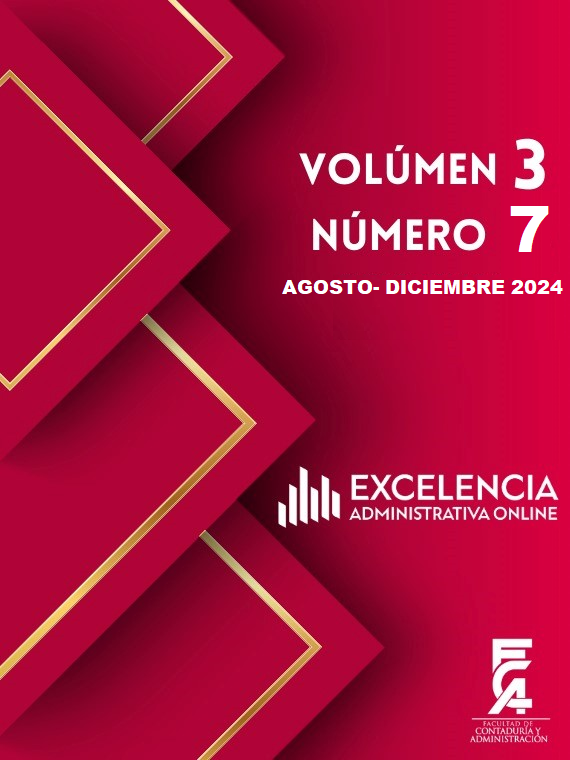Análisis de los principios fundamentales y la aplicación en diversos sectores de la economía circular
DOI:
https://doi.org/10.54167/eao.v3i7.1786Abstract
In a world facing unprecedented environmental and economic challenges, the circular economy emerges as an essential alternative to ensure sustainability and economic resilience. This study aims to analyze the fundamental principles of the circular economy and their application in key sectors such as fashion, automotive, and technology. Using a methodology that combines documentary analysis and case studies of leading companies such as Inditex, Tesla, and Dell, the research identifies both the benefits and challenges associated with implementing this model.
The results reveal that the circular economy not only minimizes environmental impact through material reuse and recycling but also enhances business competitiveness by addressing the growing demand for sustainable practices. However, the transition to this model faces significant barriers, including inadequate infrastructure, cultural resistance, and the need for robust public policies.
The study concludes that, although the implementation of the circular economy varies across sectors, its principles are viable and effective in optimizing resource use and reducing waste. This research highlights the importance of designing strategies tailored to the specificities of each sector and promoting collaboration among businesses, governments, and consumers to facilitate this transition. The findings provide a framework for future research and policies to maximize the positive impact of the circular economy on sustainable development.
Downloads
Downloads
Additional Files
Published
How to Cite
-
Abstract16
-
pdf (Español)8
-
HTML (Español)0
Issue
Section
License
Copyright (c) 2024 Excelencia Administrativa Online

This work is licensed under a Creative Commons Attribution-NonCommercial 4.0 International License.










